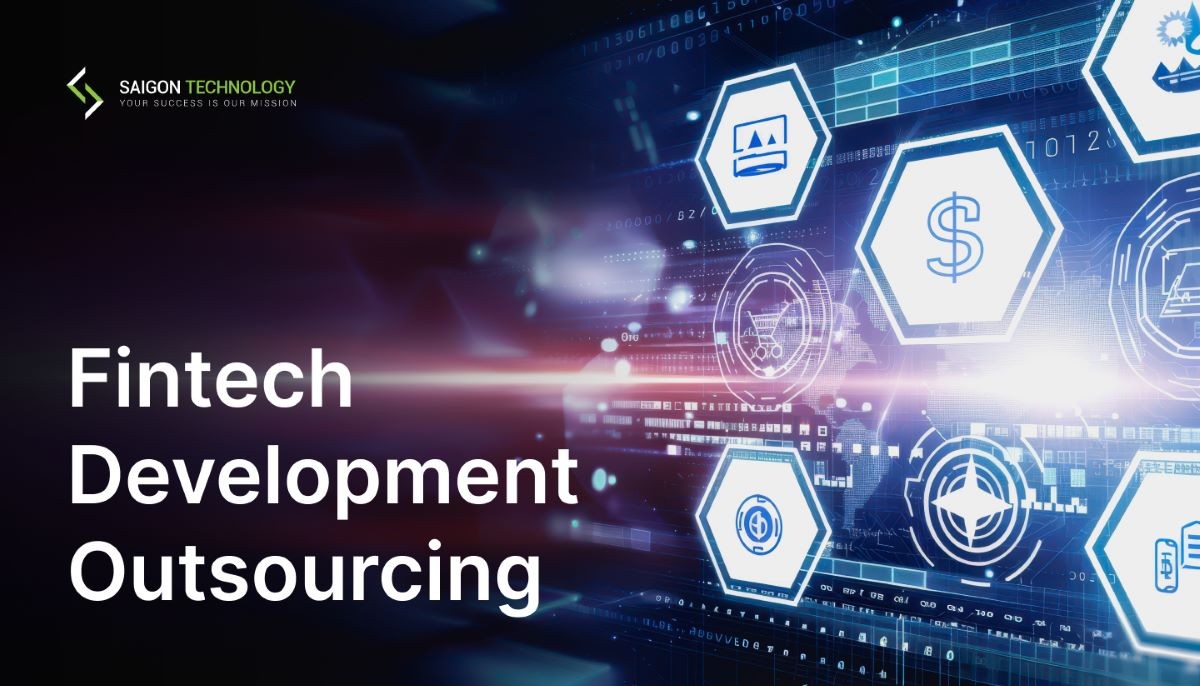The FinTech industry is rapidly expanding, and it will have a huge impact on the banking industry in the coming years. FinTech companies are making software that can be used to streamline bank operations, automate transactions, manage data more efficiently, and much more. The FinTech trends listed below are shaping the future of banking, and many companies are turning to fintech development outsourcing to keep up with these trends.
The FinTech Trends Listed Below are Shaping the Future of Banking
1. Predictive Analytics
Predictive analytics is area FinTech companies are focused on. Predictive analytic software can be used to predict the likelihood of a customer defaulting and adjust credit lines accordingly. Customers’ buying habits can also be tracked – if customers use their card for specific purchases regularly, it could indicate that they will need extra funds to pay their credit card bills. FinTech companies are also using predictive analytics to predict a customer’s risk for fraud and prevent it before the transaction even happens.
By using predictive analytics, FinTech companies can provide more security to customers and banks alike.
2. Voice Technologies
Voice-activated software is becoming increasingly popular, and FinTech companies are working to create voice technologies that can be used in banking. For instance, PayPal’s app Venmo allows users to send payments through a microphone command instead of typing messages back and forth.
Nest Wealth uses Siri commands, so their customers don’t have to call them every time they want to make a change to their account. FinTech companies are making software that can be used in banking, and voice technologies will likely play an important role moving forward.
3. Artificial Intelligence and Machine Learning
Artificial Intelligence (AI) and Machine Learning are two FinTech trends that will shape the banking industry in 2021. FinTech companies have created software capable of performing a wide range of tasks, such as automating transactions, securing data with encryption algorithms, etc. Banks are using the technology to improve their internal operations and customer service.
FinTech companies are also using AI and machine learning to make their software capable of making decisions without human input. This is helpful for banks that need solutions that can adapt to changing situations over time, such as managing risk on loans or evaluating new financial products. FinTech experts predict that AI will be used more by banks in the future to improve their customer services, such as by using virtual assistants or chatbots.
FinTech companies are also working on AI solutions that could be used for wealth management and automated investment decisions. These systems can involve machine learning models that help algorithms choose investments based on personal information like age, tax bracket, income level, etc. FinTech experts believe that AI and machine learning will lead to FinTech companies offering more advanced solutions for banks in the future and increased competition between FinTech startups.
4. Cybersecurity and Cyberthreats
Hackers are becoming more sophisticated, and they can exploit FinTech companies the same way they target banks. FinTech firms need to be prepared for attacks from cybercriminals who would do anything to steal money or information.
FinTech companies that aren’t prepared for cyberattacks will not succeed. FinTech leaders need to work with cybersecurity experts, and they should invest in the best cybersecurity tools available on the market.
The FinTech industry is built upon data security because customers trust FinTech companies with their most important information (e.g., passwords, social security numbers, credit card information). FinTech companies must find new ways to protect user data and keep it safe from cybercriminals.
Some FinTech companies are creating products that encrypt customer’s payment details at the point of sale (POS) so hackers can’t steal them if they intercept communications between a device and an online server.
5. Blockchain Technology
Blockchain technology is a distributed ledger that stores data on transactions securely and transparently. Right now, FinTech companies are using Blockchain to power FinTech software applications for banks so they can automate processes like international money transfers or automatically report stock trades with tokens instead of cash.
Final Thoughts
As FinTech continues to change the way people interact with their money, banks need to stay on top of trends. FinTech companies are making software that can be used to streamline bank operations, automate transactions, manage data more efficiently, and much more because FinTech trends are shaping the future of banking.
Thus, FinTech leaders need to work with cybersecurity experts and invest in the best cyber security tools available on the market because FinTech companies must provide these services if they want to stay competitive in the industry. FinTech companies will continue to impact the banking industry in 2021. So, FinTech leaders need a plan for securing data against cyberattacks because these trends are shaping the future of banking.




